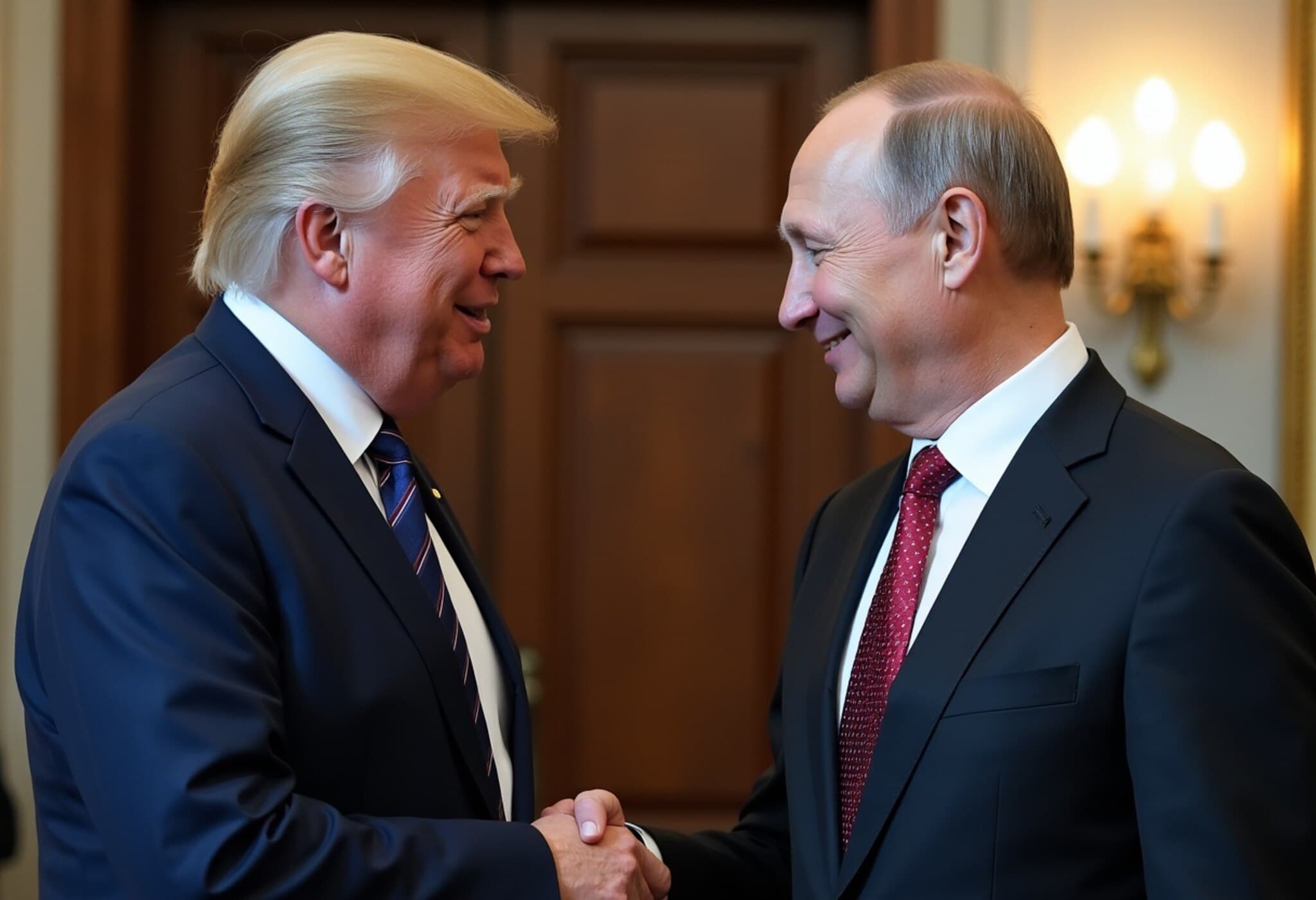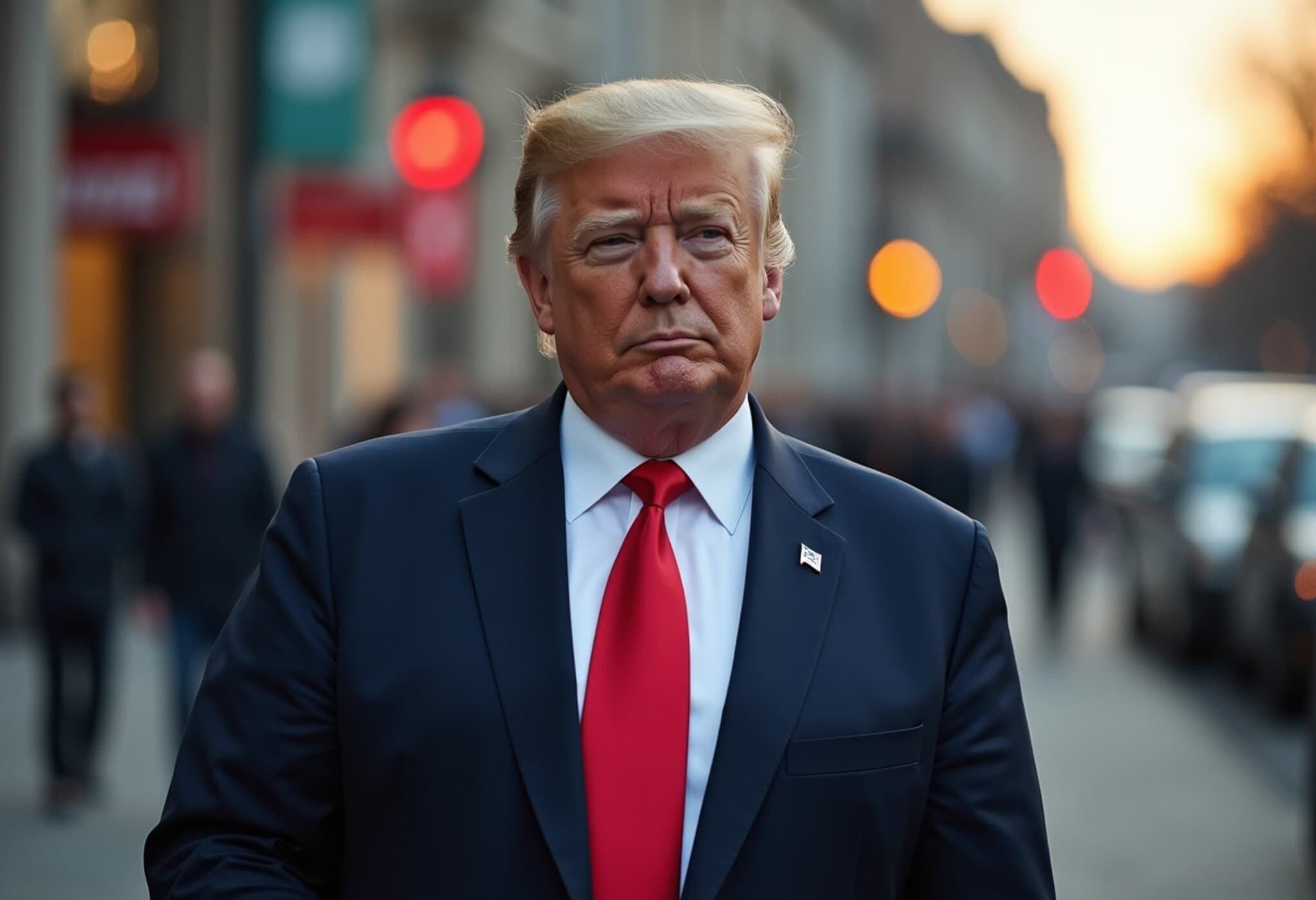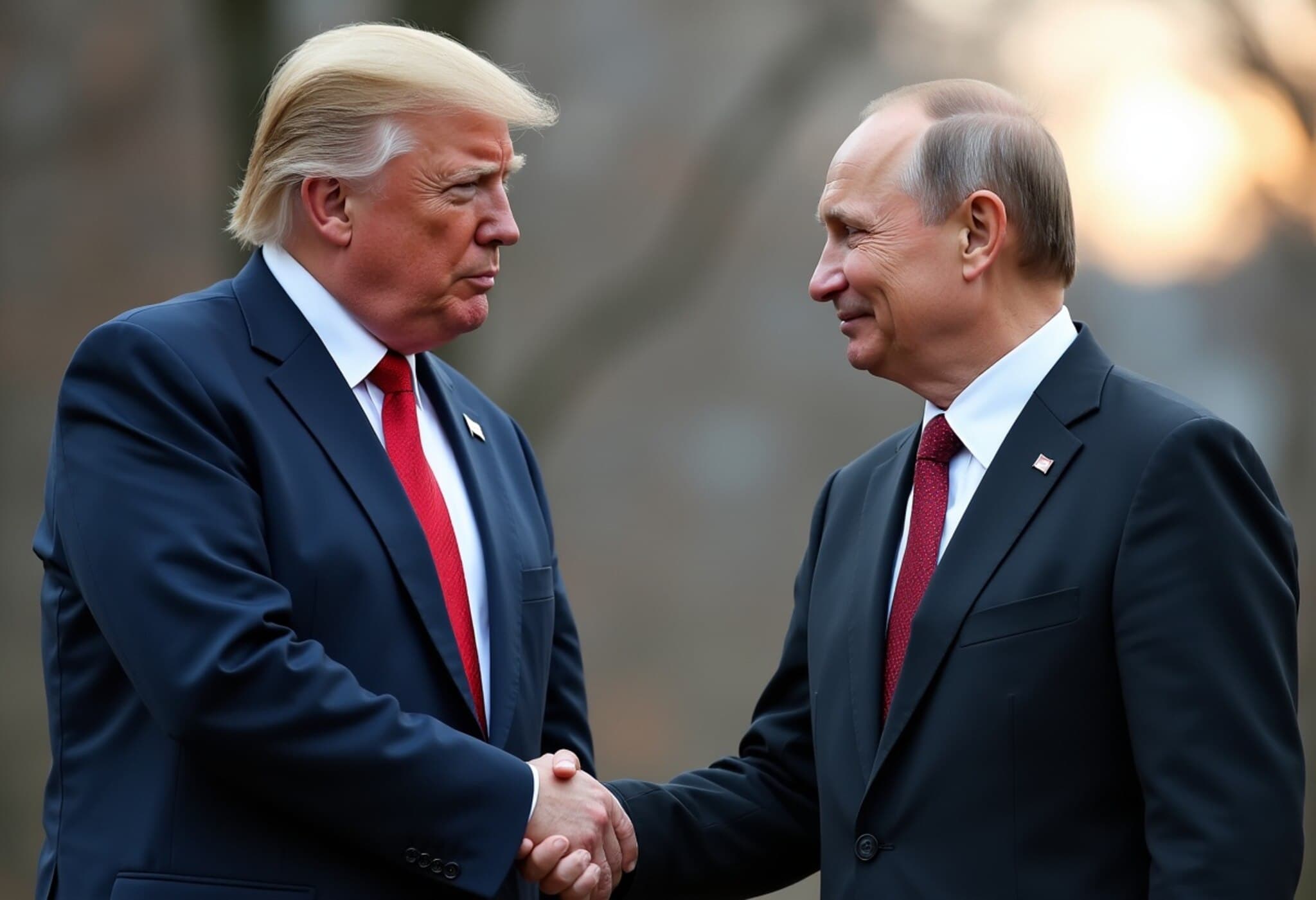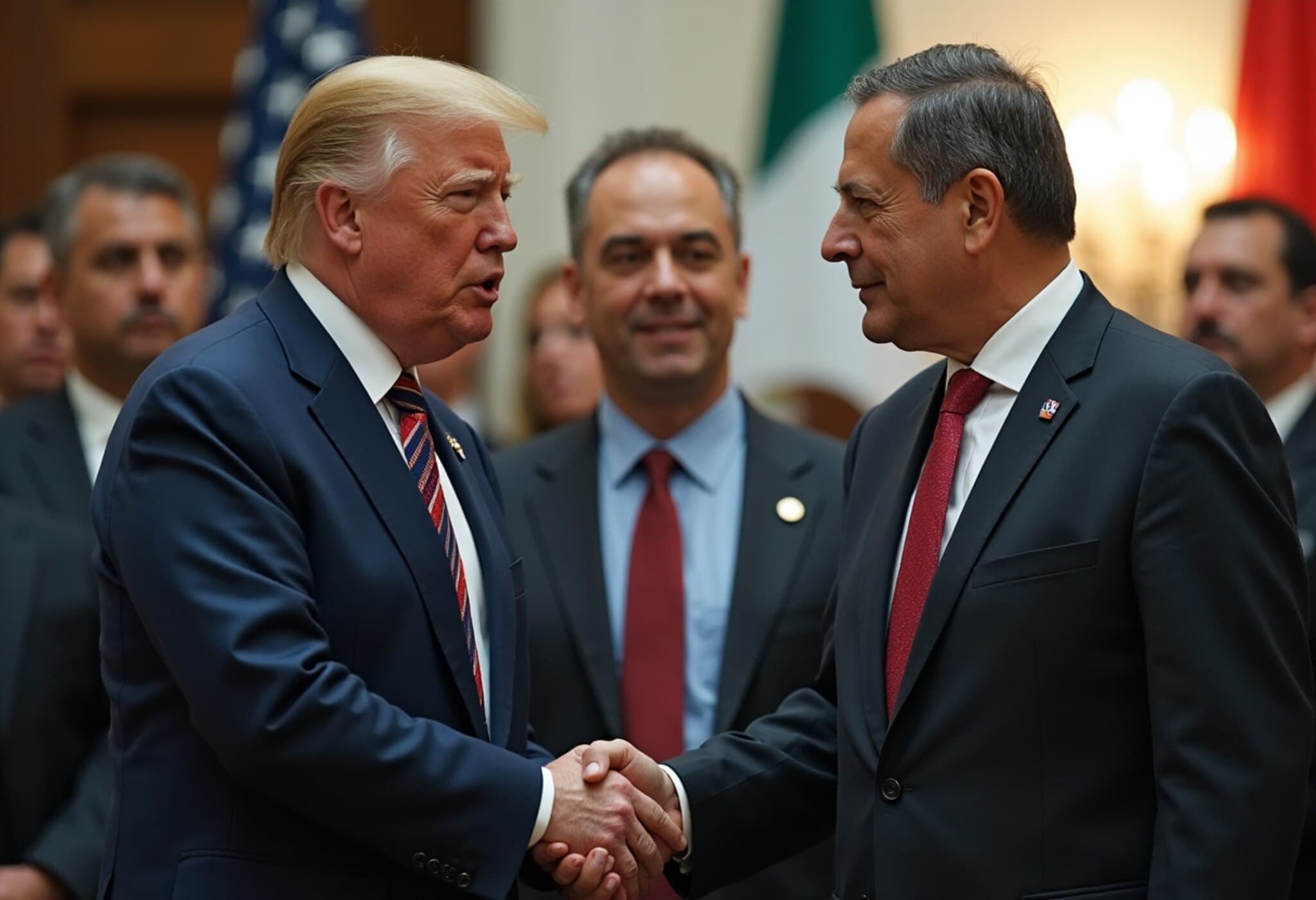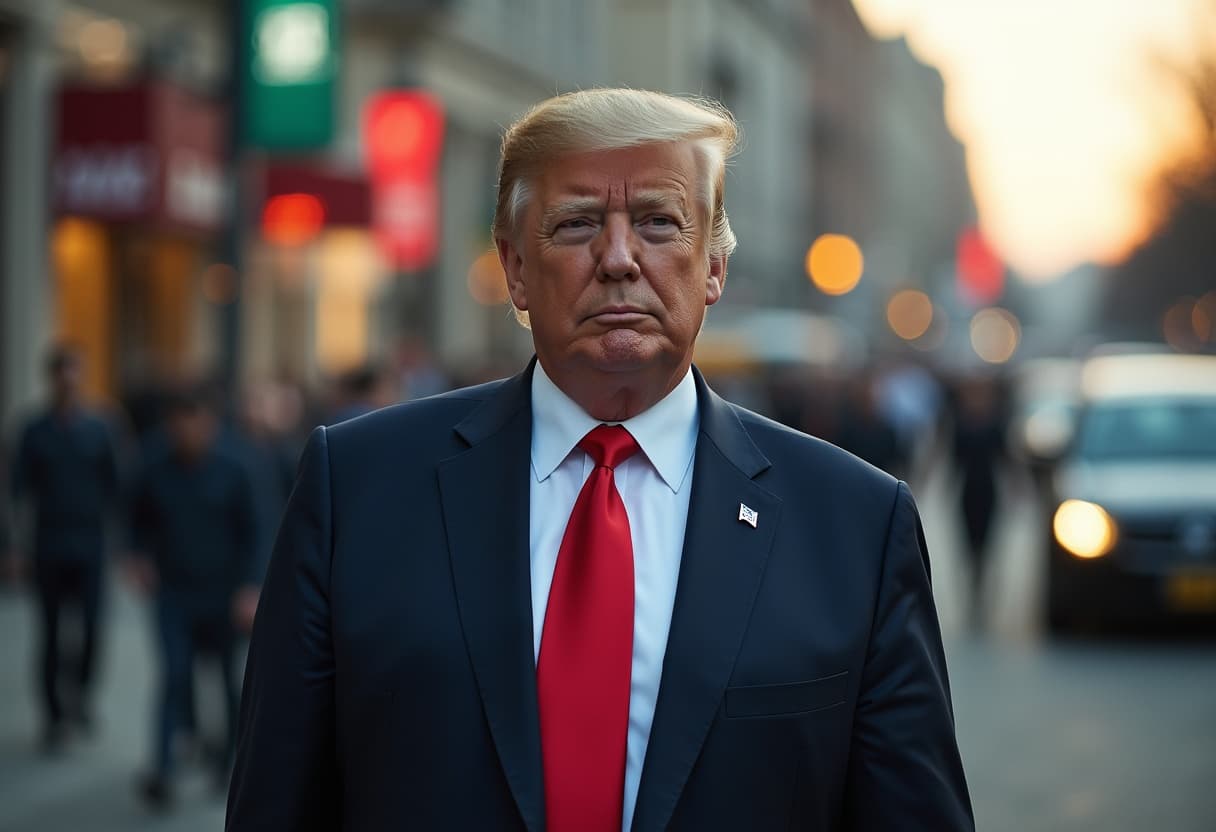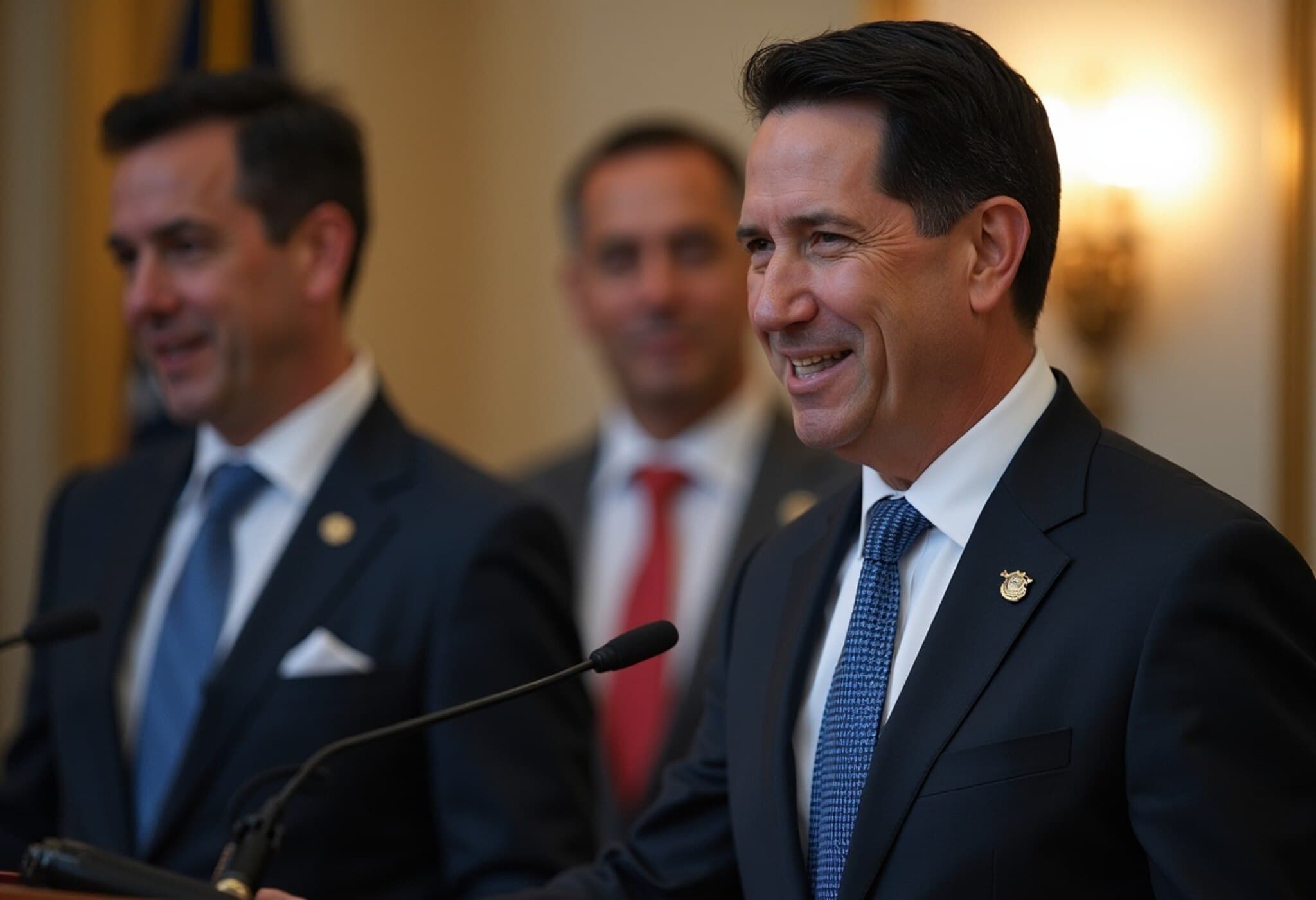Mexico Hands Over 26 Drug Cartel Operatives to the U.S. Amid Rising Pressure
In a decisive move reflecting escalating binational tensions and efforts to clamp down on the scourge of drug cartels, Mexico extradited 26 suspected cartel members to the United States on Tuesday, officials confirmed. This transfer marks a significant gesture from Mexico’s government, aiming to alleviate the mounting pressure from the Trump administration, which has been vocally demanding tougher actions against criminal organizations operating along the U.S.-Mexico border.
Background: A Heightened U.S.-Mexico Security Struggle
Since early 2025, bilateral relations over cartel-related law enforcement have been strained. President Donald Trump had repeatedly threatened Mexico with harsh economic penalties, including steep tariffs, if it failed to strengthen its efforts against the drug trade fueling addiction and violence in the U.S. Inland enforcement struggles have been compounded by chronic immigration disputes.
Earlier this year, in February, Mexico similarly extradited a group of cartel suspects, generating vigorous debate domestically about the implications—both legal and political—of sending high-profile criminals across the border for trial. This latest removal of 26 operatives underscores a pattern of closer yet complicated cooperation under pressure.
Trump’s Military Directive and Mexico’s Reaction
The push for stronger action took a new turn last week when reports emerged that President Trump had secretly instructed the Pentagon to prepare military operations targeting Latin American drug cartels, which his administration had recently classified as terrorist groups. This intelligence caught Mexico off guard and sparked diplomatic concern.
President Claudia Sheinbaum swiftly rejected any prospect of U.S. troops conducting operations on Mexican soil without consent, stressing the sovereignty and partnership principles guiding security cooperation.
“The United States is not going to come to Mexico with the military. We cooperate, we collaborate, but there is not going to be an invasion. That is ruled out, absolutely ruled out,” Sheinbaum asserted emphatically. “It is not part of any agreement, far from it.”
Details on the Extradited Operatives
The Mexican government described the 26 extradited individuals as high-risk members of drug trafficking organizations whose activities posed continual threats to public safety on both sides of the border. The U.S. Department of Justice guaranteed none face the death penalty, a critical requirement to proceed under international human rights commitments.
Among these extraditions was also a woman charged with drug trafficking across the border from 2016 to 2017, although it is unclear if she was part of the larger group.
Underlying Challenges and Wider Implications
While Mexico’s aggressive crackdowns, notably against the Sinaloa Cartel, have disrupted some operations, the resilient and adaptive nature of these cartels continues to fuel violence and drug flow. The Trump administration’s approach, combining diplomatic pressure with potential military force, raises complex questions about sovereignty, operational jurisdiction, and long-term effectiveness.
Experts warn that a purely militarized strategy risks exacerbating cartel fragmentation and violence rather than dismantling these networks. Sustainable progress, analysts argue, demands integrated social programs, international cooperation, and robust judicial reforms on both sides.
Expert Insight
- Policy Analyst View: Military interventions in foreign countries, especially against non-state actors like drug cartels, remain legally and politically contentious. Without Mexico's outright consent, such actions could destabilize diplomatic ties and exacerbate nationalist sentiment.
- Criminal Justice Perspective: Extradition processes reflect complicated legal balancing acts between states seeking justice and respecting sovereignty, particularly when death penalty assurances are involved.
- Regional Security Expert: Successful cartel combat requires cross-border intelligence sharing, economic development, and community resilience—not just enforcement and extraditions.
Looking Ahead: What to Watch
Observers will be closely monitoring upcoming negotiations for a renewed U.S.-Mexico security framework and how these extraditions affect cartel dynamics. Will the threat of U.S. military involvement catalyze deeper cooperation, or will it spark regional tensions? The world watches as two neighbors navigate one of the hemisphere’s most persistent and complex challenges.
Editor’s Note
This extradition wave highlights a pivotal moment in U.S.-Mexico relations, where diplomatic pressure meets domestic political realities. The shadow of military intervention looms large, yet Mexico’s insistence on sovereignty reminds us that combating transnational criminal networks requires delicate diplomacy paired with strategic, multilateral approaches. Readers are encouraged to consider the broader human and governance dimensions beyond the headlines: How can justice, security, and sovereignty coexist effectively in a globalized world challenged by organized crime?






